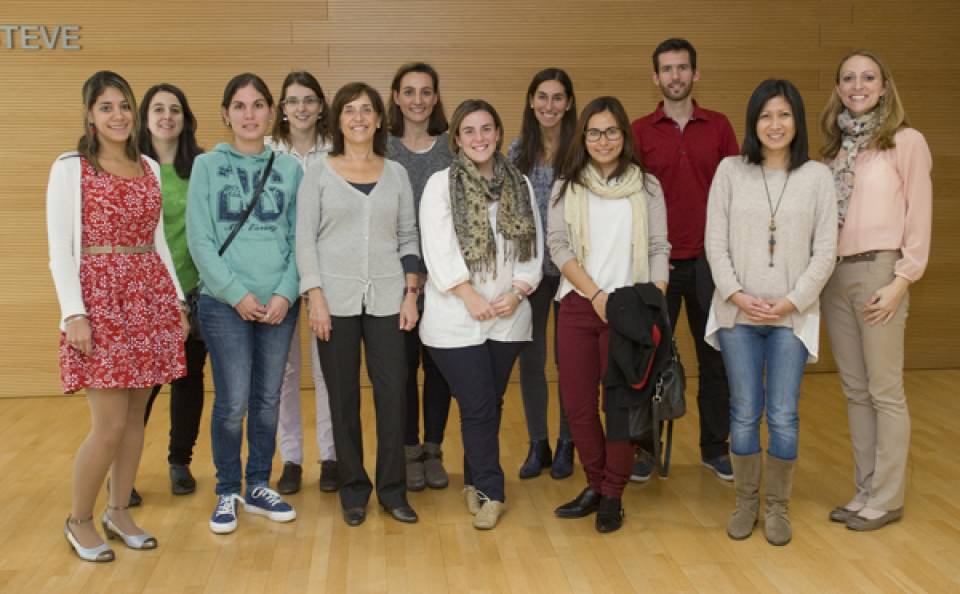Despite the constant therapeutic advances in the field of diabetes, there is still a deficit in terms of translational research, the one connecting basic and clinical research. According to Dr. Anna Novials, "it is essential to bet for translational research in diabetes to advance in the knowledge and cure of disease. Clinical research by itself is not enough; we must first know the causes, the pathogenesis of diabetes".
Under this premise, the course was divided into two blocs –a practical and a theoretical one-, with the goal of providing a multidisciplinary approach on diabetes and to go through different aspects like the mechanisms involved in the development of the disease, the impact in the patient’s life style and the personalized therapies. Medical professionals, biologists, biochemists, pharmacists and nutritionists were the professors of this course
From the theoretical point of view, the course focused on the metabolic phenotyping and included training on animal and cellular models used in basic research in diabetes and on epigenetics, which relates the effect or influence of environment on the patients’ genes. Moreover, participants were taught on the identification of DNA as a tool to improve knowledge about the disease, and about how the IDIBAPS Biobank works, a platform in which blood, DNA and tissues samples from different pathologies are stored, including the metabolic diseases.
Moreover, in the practical sessions the participants increased their knowledge on cell cultures, studies with animal models, the measure of mitochondrial function and histologic and morphometric analysis of the pancreas, the main organ involved in the disease because it is the insulin producer.
Thus, this course served to encourage young doctors to train in translational research in such a prevalent disease like Diabetes Mellitus.

